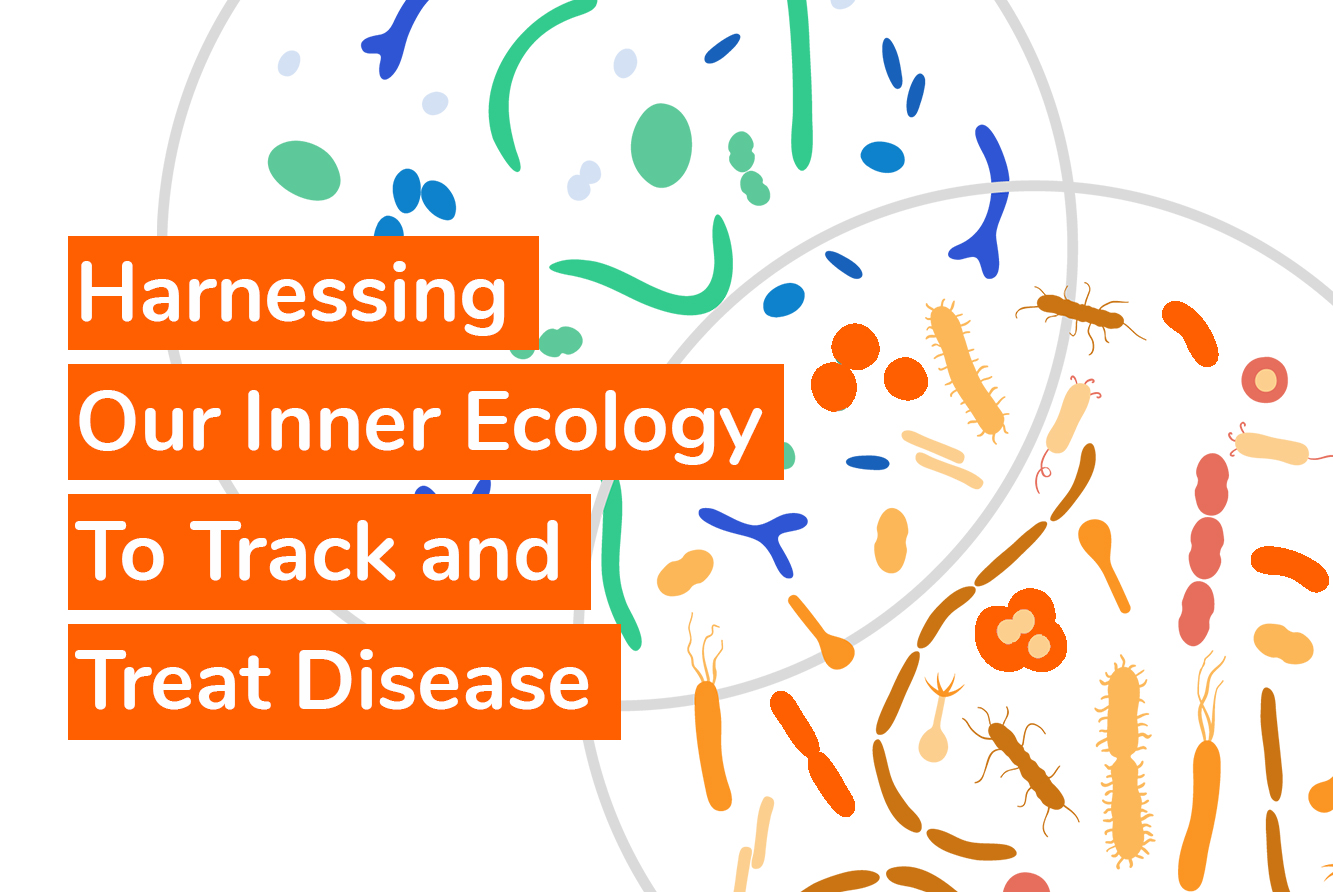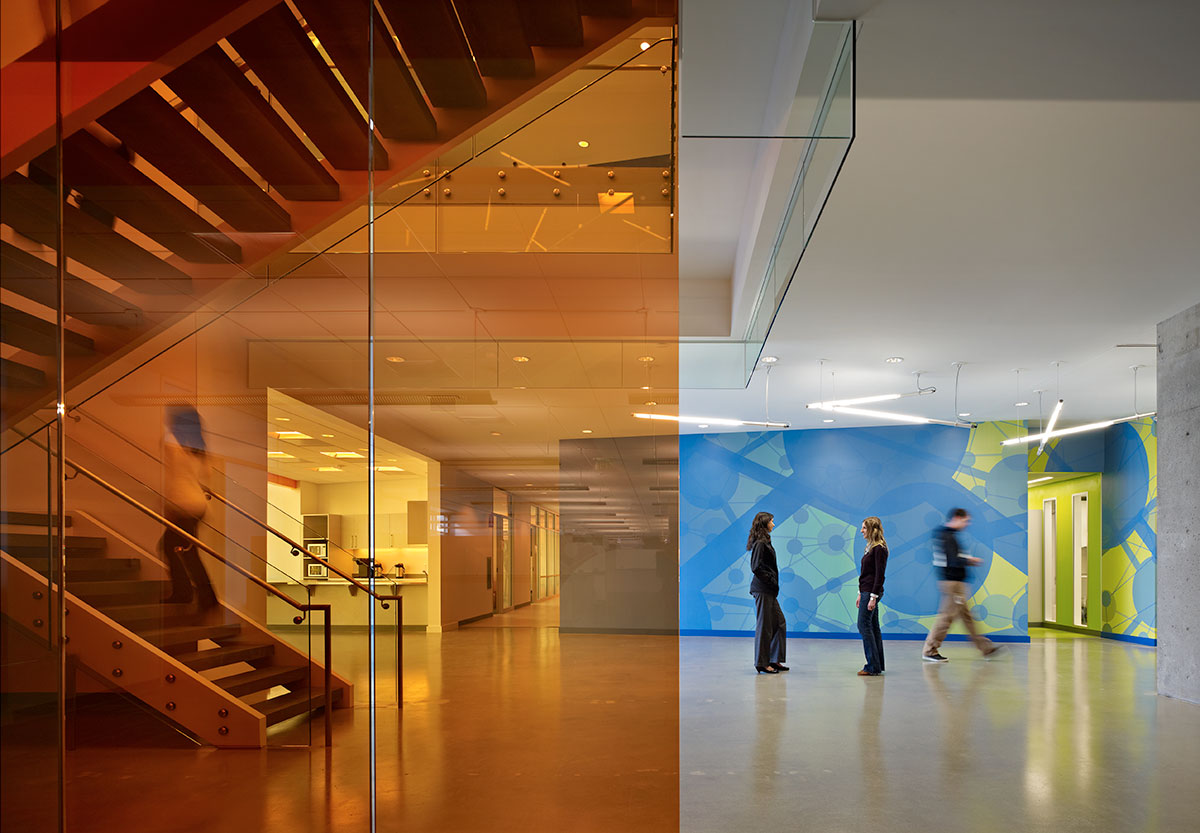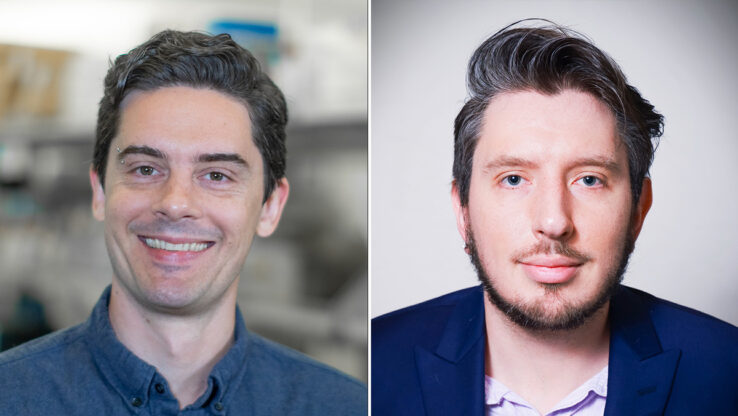Harnessing our inner ecology to track and treat disease
 gibbons.isbscience.org/news/2020/08/28/harnessing-our-inner-ecology-to-track-and-treat-disease/
gibbons.isbscience.org/news/2020/08/28/harnessing-our-inner-ecology-to-track-and-treat-disease/
ISB’s virtual course and symposium focusing on the microbiome and its future role in precision medicine will take place on October 15 and 16. The event’s website went live earlier this week.
The virtual course will be taught by Sean Gibbons, Christian Diener, Tomasz Wilmanski, Noa Rappaport, Alex Carr, Priyanka Baloni and Nathan Price. Symposium speakers are Jason Papin (University of Virginia), Ines Thiele (National University of Ireland, Galway), Thomas Gurry (University of Geneva), Julie McDonald (Imperial College London), Gautam Dantas (Washington University School of Medicine) and Johanna Lampe (Fred Hutchinson Cancer Research Center).
Both events are free, and are intended for graduate students, postdocs, principal investigators, industry scientists, educators and clinicians. There are already more than 100 people who have registered. Please share news of this event with your networks.




